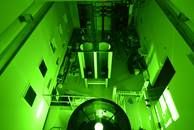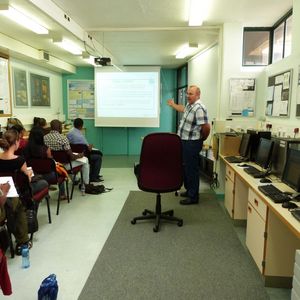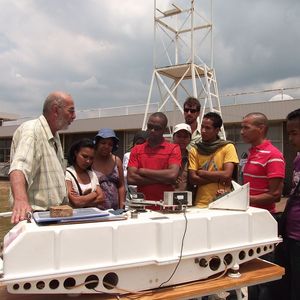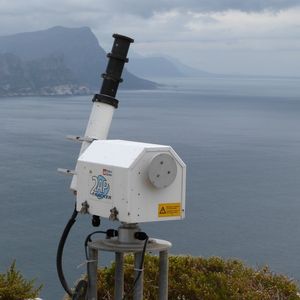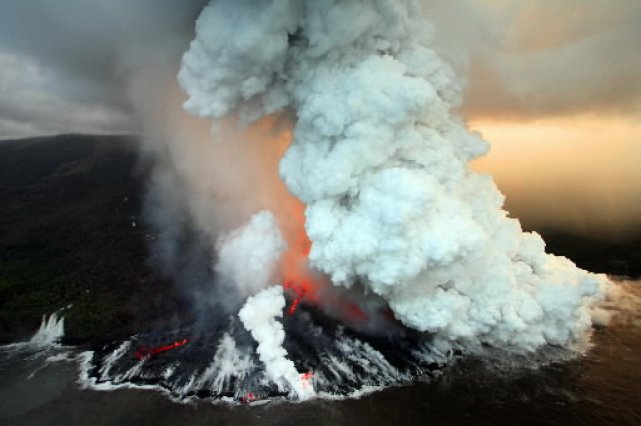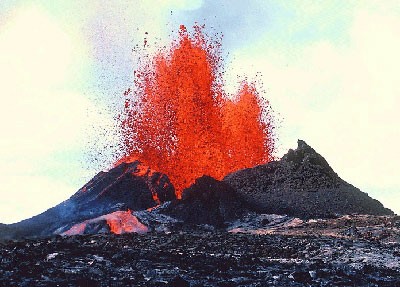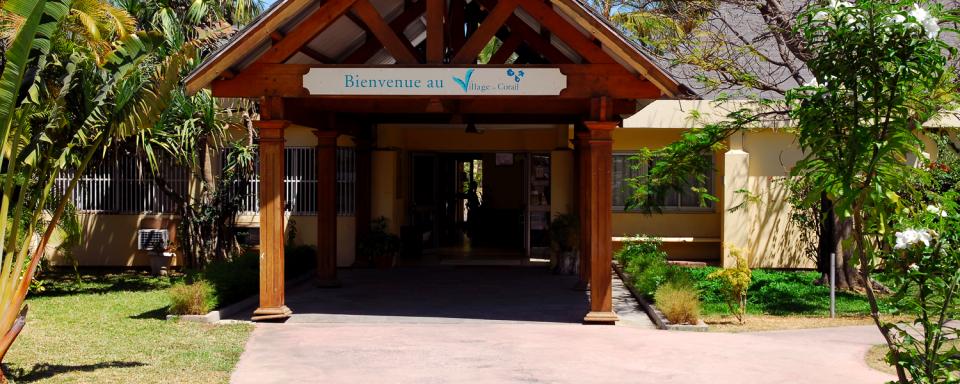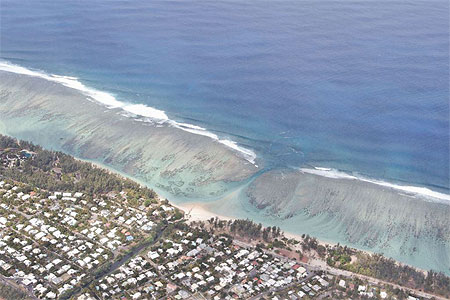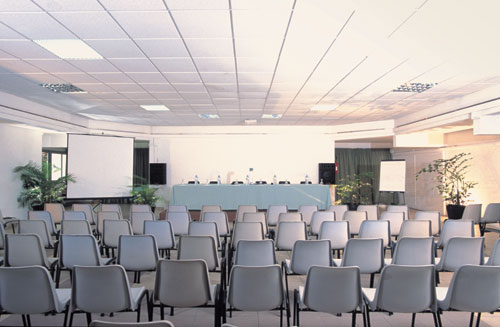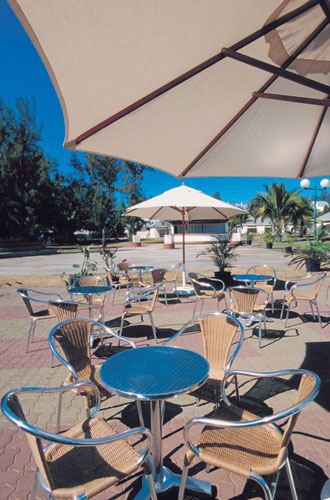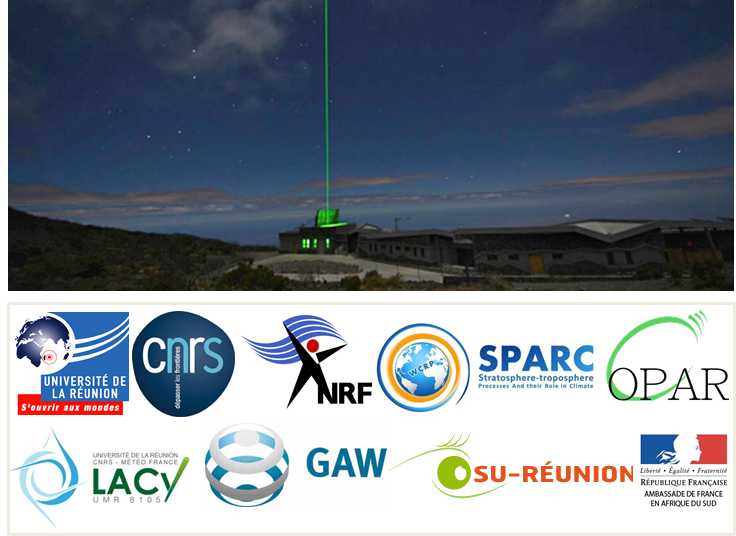
The Maïdo Observatory Summer School (MOSS) organised by Reunion University (jointly by LACy - Laboratoire de l’Atmosphère et des Cyclones - and OPAR - Observatoire de Physique de l’Atmosphère de la Réunion).
The school will be held at the Maido Observatory, a GAW regional station in the southern tropics. It is supported by:
SPARC (Stratosphere-troposphere Processes And their Role in Climate), a core project of the World Climate Research Programme (WCRP)
GAW (Global Atmosphere Watch)
WMO (World Meteorological Organization)
The French Embassy in South Africa
GDRI ARSAIO (Atmospheric Research in Southern Africa and Indian Ocean), a French South-African research network, and
Université de La Réunion, Reunion Island
Announcement
Summer School in
Atmospheric Composition and Dynamics,
Reunion Island, 28 November – 3 December, 2016
Organiser Reunion Island University / Université de La Réunion
Laboratoire de l’Atmosphère et des Cyclones
LACy, UMR 8105, CNRS / Reunion University / Météo-France
Obsvervatoire de Physique de l’Atmosphère de la Réunion
OPAR, UMS 3365
Postal address 15, avenue René Cassin, CS 92003
97744 Saint-Denis CEDEX 9
Reunion Island
E-mail moss@univ-reunion.fr
Presentation
The Maïdo Observatory Summer School (MOSS) aims to focus on troposphere-stratosphere composition and dynamics. It will take place at Reunion Island, a southern tropical site (21.0° South, 55.5° East) where atmospheric observations and research activities have been developing since early 1990’s.
The MOSS is intended to monitoring and understanding processes and changes in the Earth’s atmosphere (troposphere and stratosphere) with emphasis on dynamics, long-term evolution of atmospheric composition and climate change.
The school academic activities are based on courses and training in accordance with SPARC (Stratosphere-troposphere Processes And their Role in Climate)activities and with its strategy in terms of capacity development. SPARCisa core project of the World Climate Research Programme (WCRP).
Atmospheric observations at Reunion Island are monitored by the OPAR (Observatoire de Physique de l'Atmosphère de La Réunion). Most of the instruments are operational at the Maïdo Observatory, which is located on the West coast of the Island at about 2200m asl. All of the instruments are of international standard and are operational in framework of international observational networks such as NDACC (Network for the Detection of Atmospheric Composition Changes), SHADOZ (Southern Hemisphere ADditional OZonesondes), AERONET (AErosol RObotic NETwork), ICOS (Integrated Carbon Observation System), …
Participants
The School is scheduled for 6-days residential courses open to PhD students and early carrier scientists in the field of instrumentation and atmospheric sciences.
Applications are accepted from:
students registered in a doctoral programme;
postdoctoral and young scientists from public or private laboratories;
any other scientists or engineers from public or private laboratories.
The number of participants is limited.
MOSS 2016 fees
For PhD students (upon an official justification): 400 euros
For researchers or engineers from universities or public research institutes: 700 euros
For researchers / engineers from private or industrial organizations: please contact the organizationmoss@univ-reunion.fr
Registration fees are intended to cover:
Accommodation: accommodation in the Village Corail centre at Ermitage, Saint-Gilles, from Sunday 27 Nov. to Sunday 4 Dec. 2016
Meals: breakfast, lunch and coffee-breaks, from Monday 28 Nov. to Saturday 3 Dec. 2016
Transportation: special shuttle bus from/to the airport and between the hotel (Village Corail) and the Maïdo Observatory
Gala dinner
Travel Costs and financial support
As an indication, here are some flight costs to Reunion Island:
From ANTANANARIVO, Madagascar | 450€ |
From JOHANNESBURG, South Africa | 550€ |
From MADRAS, India | 850€ |
From PARIS, France | 900€ |
From Berlin, Germany | 900€ |
From TORONTO, Canada | 1200€ | From BUENOS AIRES, Argentina | 1500€ |
From SAO PAULO, Brazil | 1500€ |
Please note that the organizing committee will review all applications for support for registration fees or/and flight tickets sent before 12 June 2016.
Downloads
Program PDF
Grant form for registration fees and/or travel costs PDFMS-Word
MOSS 2016 poster PDFMS-Word
Organization and preliminary program
The school is planned to last 6 days:
3 days will be spent on courses / conferences in plenary sessions,
2 days are dedicated to practical work (training sessions at the Maïdo Observatory)
1 day for visiting and conferencing at the Piton de la Fournaise Volcanic Observatory.
The Piton de la Fournaise is located on the South coast of the Island and is one of the most active volcanoes in the world.
Training sessions are planed in form of groups of 8 students each. They will be alternately based on experimental and observational sessions at the Maïdo Observatory and on computational sessions at the University, Faculty of Science and Technology.
|
|
|
Venue and logistics
MOSS activities are planned on several sites: at the Maïdo Observatory, at the University campus, and at the Village Corail. All students may be accommodated at the Village Corail Centre at Ermitage, Saint-Gilles. This area is the most touristic place of Reunion Island. It offers many services, including accommodations, restaurants, bars, beaches, excursions, …
The Village Corail is a park-hotel structure that offers suitable facilities for accommodation and lecturing. It is located on a protected area at the edge of the lagoon facing the Indian Ocean. The Village Corail is made of 129 studios spread over 15 units of 4 bungalows each on a 5-hectar park-garden.
> More details about the “Village de Corail” park-hotel are available at this link:
http://www.villages-des-australes.com
|
|
|
|
Université de La Réunion
SPARC/WCRP
GAW
WMO
CNRS
French Embassy at Pretoria
GDRI ARSAIO a French South-African research network under CNRS and NRF support on Atmospheric Research in Southern Africa and Indian Ocean

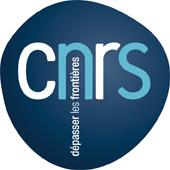
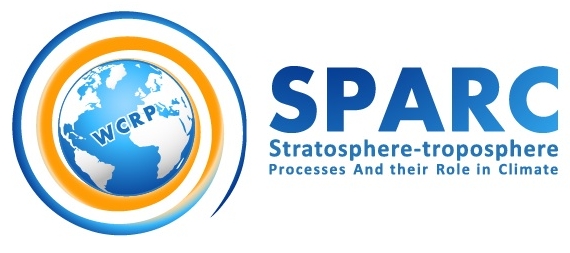
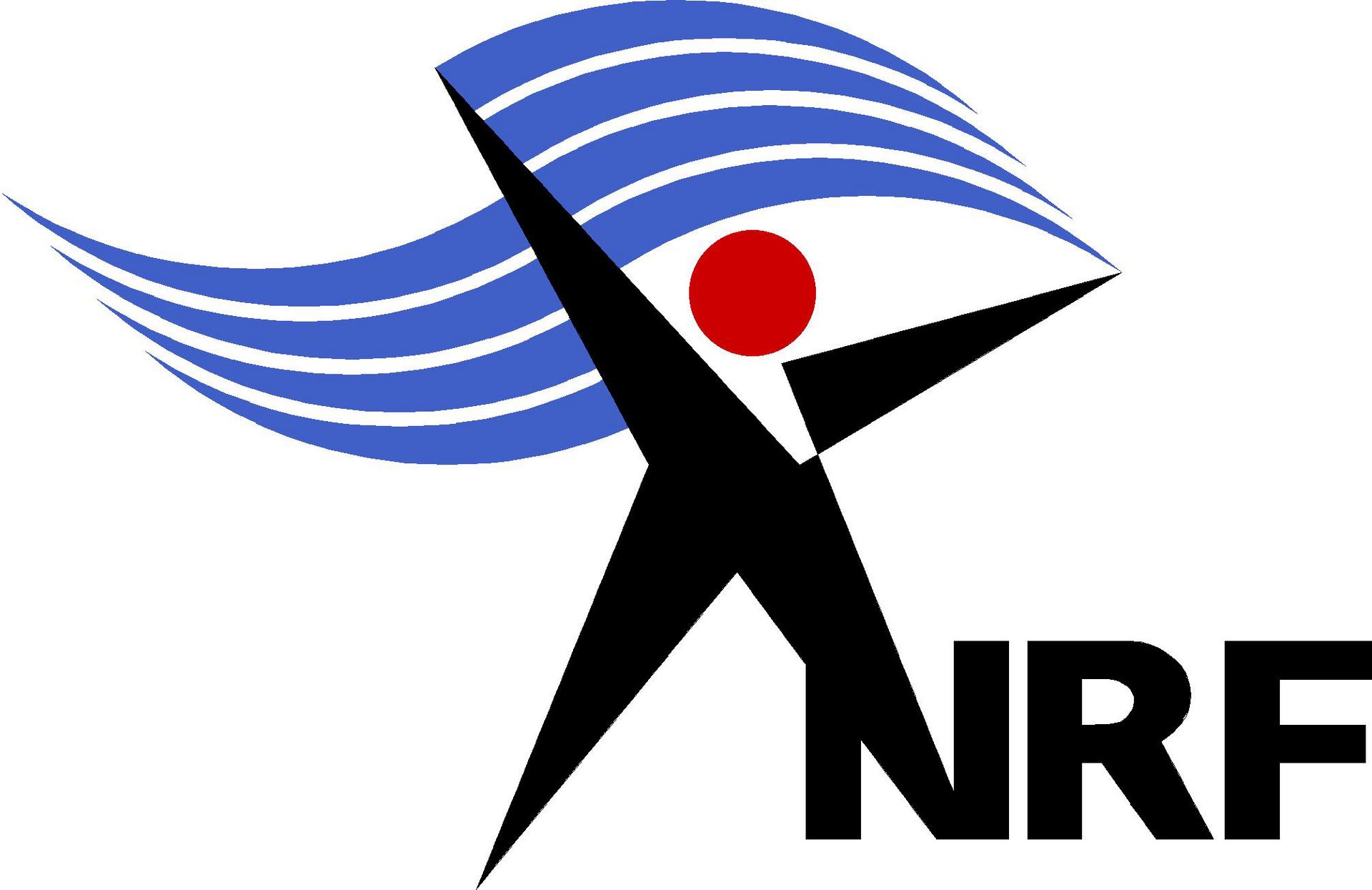
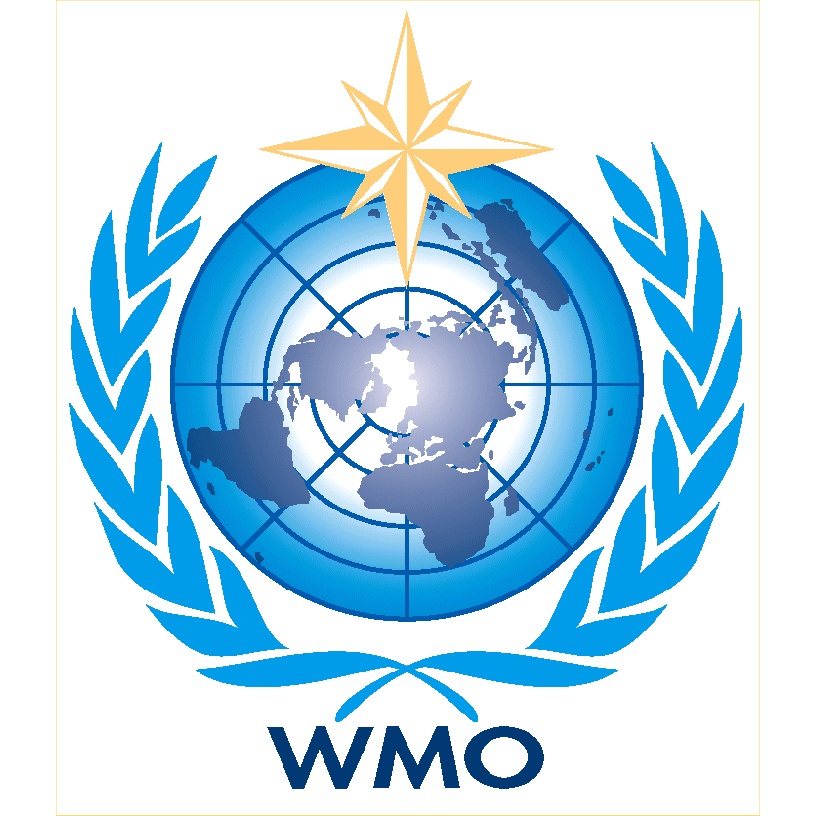

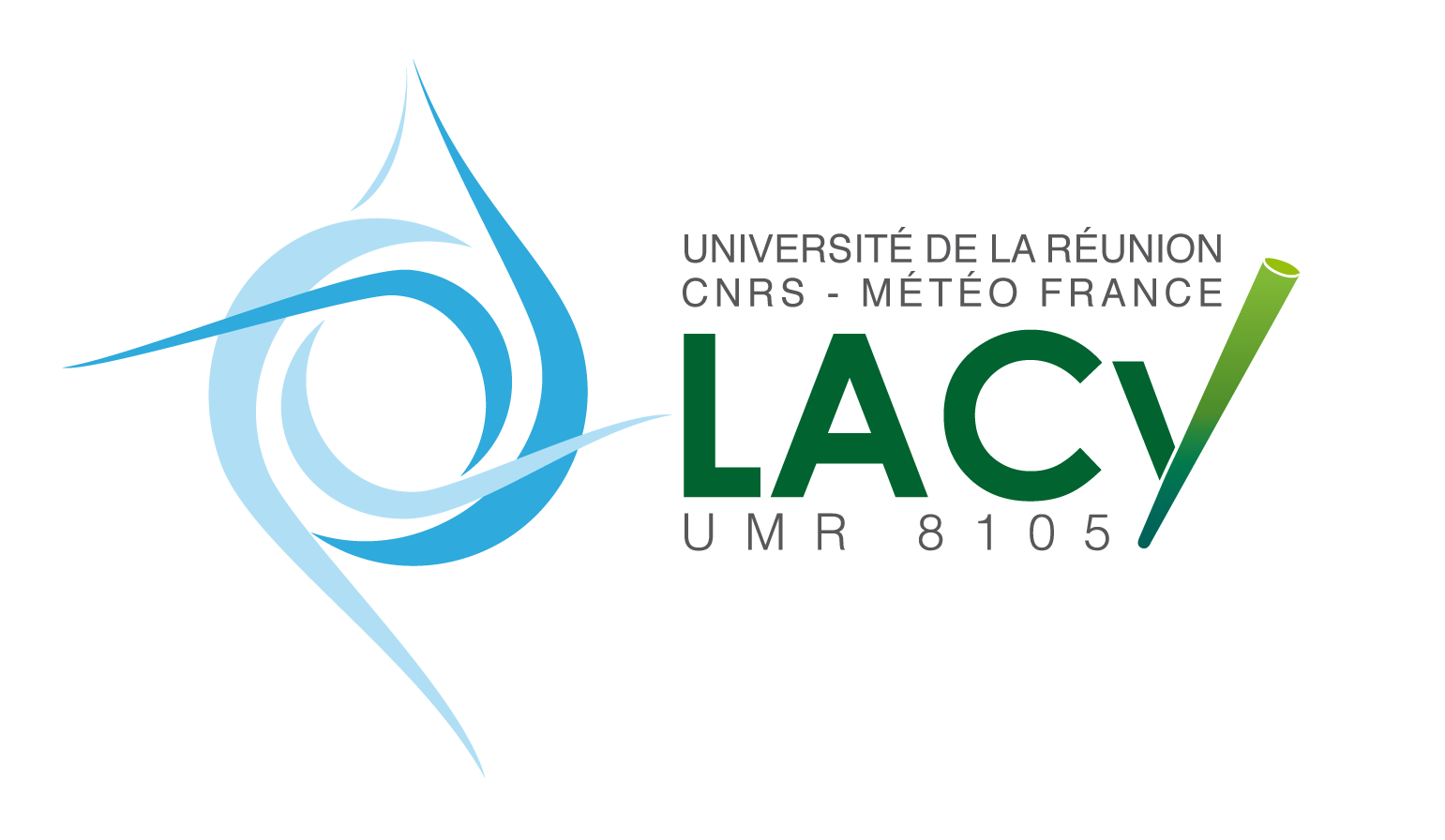
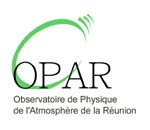
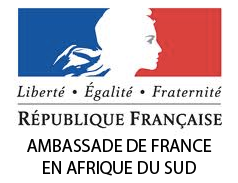

Maïdo Summer School, 28 Nov.-03 Dec. 2016, Reunion Island | ||

